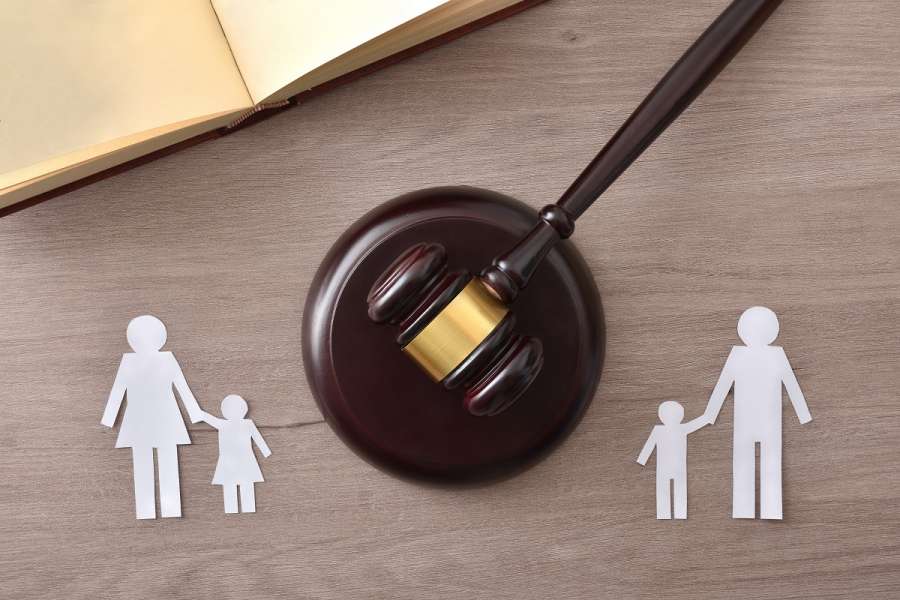If someone has a matter being dealt with in the family court, then this will likely be a stressful experience, whether that person is neurodivergent or not.
Part 3A and the accompanying Practice Direction 3AA were introduced into the Family Procedure Rules in November 2017.
The rules provide a procedural regime for proceedings involving vulnerable parties and place obligations on the court, legal representatives and all parties to identify any vulnerable individuals at the earliest opportunity.
If a party has a neurodiversity, this must be raised at the earliest opportunity to ensure that appropriate adjustments are made, and the court must consider whether it is necessary to make one or more participation directions to assist a party in the proceedings or a party giving evidence.
The court may direct the appointment of an intermediary.
This is a professional third party who is instructed to complete an assessment of a vulnerable party and provide support.
The intermediary can communicate questions to put to the individual to help them understand, and vice versa for the person asking the questions.
The intermediary can advise on how a party can be supported and make recommendations to the court for participation directions such as having breaks in evidence and ensuing evidence is adduced in short questions.














